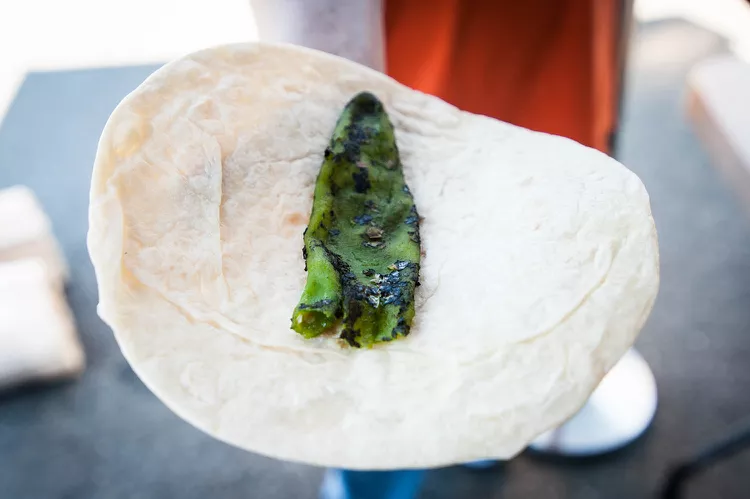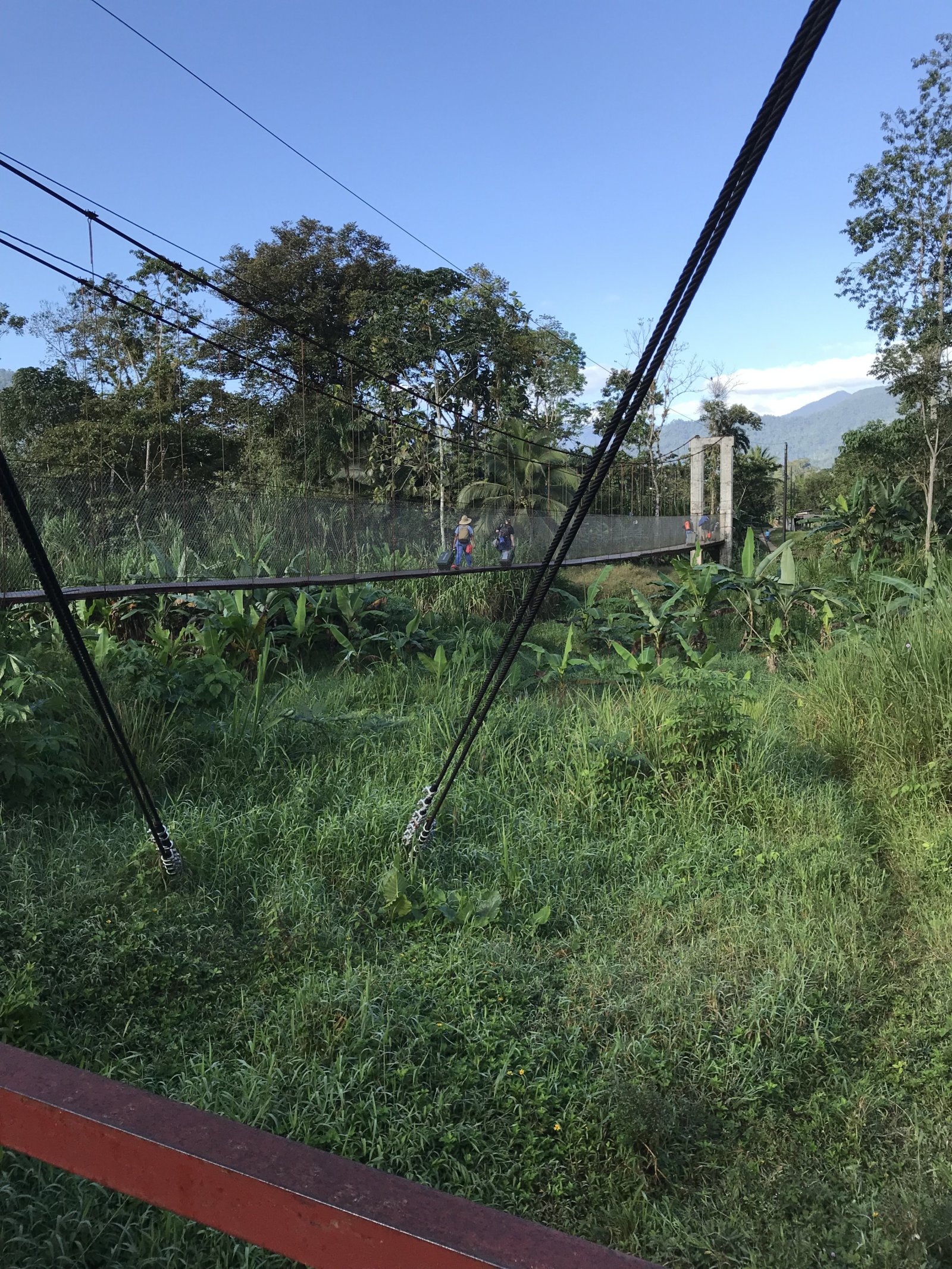Summary
Chile roasting in Albuquerque aligns with the harvest season, and enthusiasts of remarkable cuisine eagerly anticipate this annual celebration. Every August through September, the roasting begins, presenting not just flavorful chile pods but a vibrant experience for the senses. Join in for the harvest season in Albuquerque, where chile roasting is akin to a cherished tradition.
Chile Harvest = Roasting Chiles
During the chile harvest season, the process of roasting makes it easy to remove the skins, enhancing the overall flavor experience. Across the Albuquerque region, seasonal chile roasting stations emerge, bustling with activity.
Local markets, farmers markets, and humble roadside stands showcase black wire cages, gently turned as a propane flame envelops the chiles inside. The sound of propane gas hissing is accompanied by the delightful crackling of roasting chiles, shedding their skins. An attentive individual rotates the cylinder to ensure even roasting, blistering the skin for easy peeling to reveal the savory chile flesh. The aroma of roasting chiles is truly incomparable.
We firmly believe in supporting local foods cultivated for the community. Due to its expansive geography, New Mexico’s local food culture extends uniquely. In Albuquerque, during chile harvest, vibrant chiles shipped from southern Hatch reach local stores and markets, which play a pivotal role in this culinary tradition. Consumers can purchase chiles in various quantities, from a few pounds to 50-pound sacks. After roasting, these chiles are bagged for easy transportation home, setting the stage for further culinary adventures.
Find Your Local Roasters
In the height of roasting season, chiles are abundant. If you appreciate supporting local farmers, seek out outdoor farmers markets. Alternately, visit local farms such as Wagner Farms in Corrales, which offers not only chile but also a range of seasonal fruits and vegetables.
Major grocery chains, including Smith’s, Lowe’s, Sunflower Markets, and Whole Foods, also stock these flavorful pods. Indoor farmer’s markets throughout the city showcase them as well, with La Montanita Co-op providing locally grown, organic options. Regardless of where you purchase, the chiles are bound to impress.
Roasting at Home
Roasting your own chiles, whether homegrown or purchased, is a straightforward process. Employ an outdoor grill or a griddle for roasting. Rotate them as they blister and prepare to process them afterward.
Once the Pods are Roasted
If you’ve decided to buy a substantial 20-pound bag, what should you do next? This is where the fun commences. For easy peeling, consider donning a pair of thin plastic gloves. Ensure you also have several quart-sized freezer bags ready. Alternatively, you can place the roasted, cooled chiles in the bags unpeeled, peeling them as they defrost from the freezer, one bag at a time.
The act of peeling roasted chiles is simple. Over the sink, remove the skins and bundle a few pods in each bag. Lay the bags flat on the counter for efficient stacking in the freezer.
Some prefer to chop their chiles before freezing—both methods yield excellent results.
Red or Green?
New Mexicans revel in this question. It’s philosophic and officially recognized due to its significance. When dining in New Mexican restaurants, you’ll invariably be asked if you prefer red or green chili. What’s the essential difference between the two?
The roasted chiles typically available from the roasting stations are green chiles, characterized by thick flesh perfect for stuffing with cheese and other delectable fillings. Locals often note that factors like rainfall and temperature can influence whether the chiles are milder or spicier than previous years. Generally, the commercial chiles sold in local markets tend to be milder, and if spice is a concern, it’s advisable to inquire with the seller.
Green chiles simply undergo less ripening than their red counterparts. Red chiles are often considered milder but are not exclusively so. They are ideal for crafting enchilada sauces while green chiles add flair to a variety of dishes throughout the week. Each variety has its loyal fans, and for good reasons.





